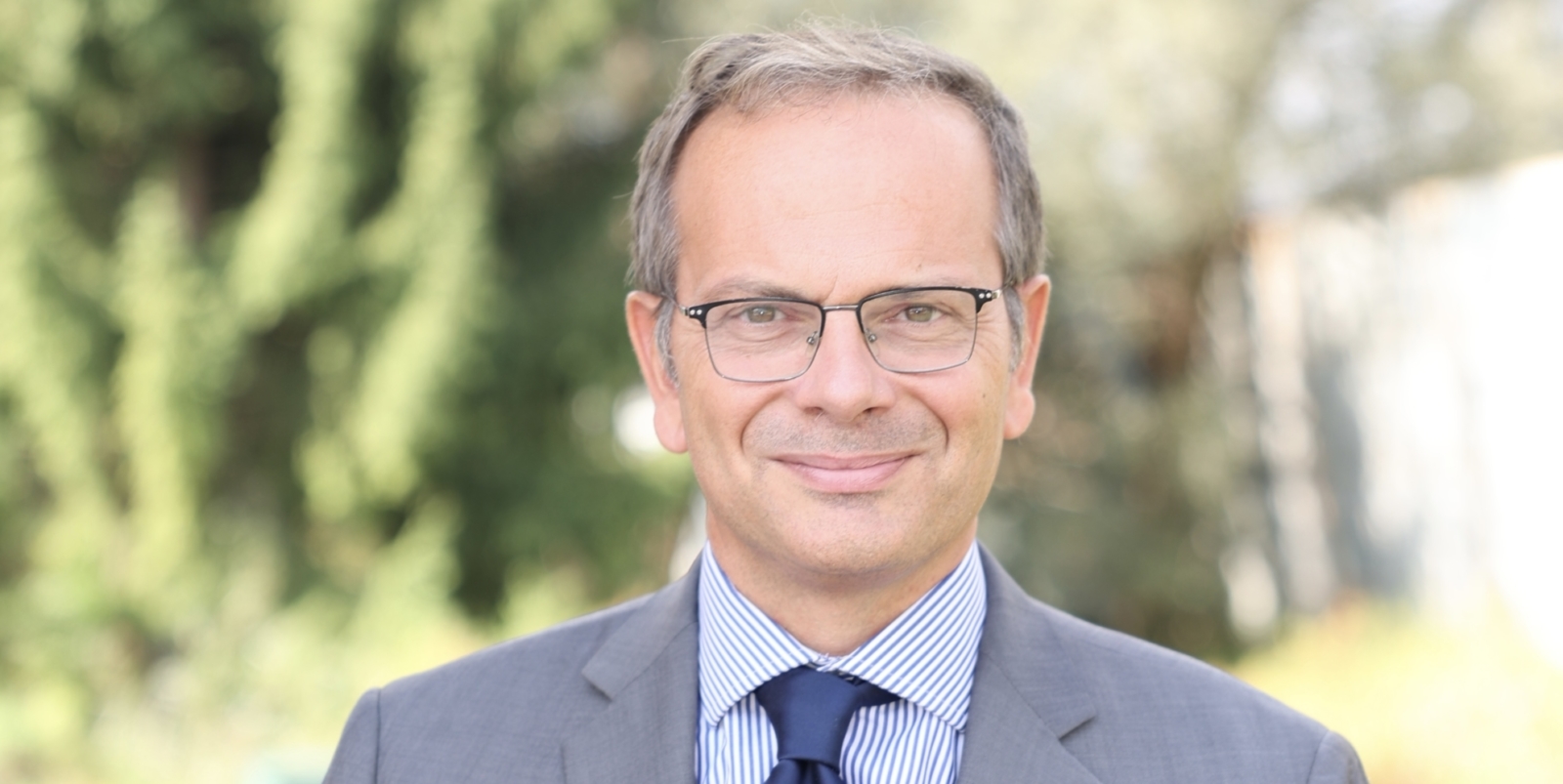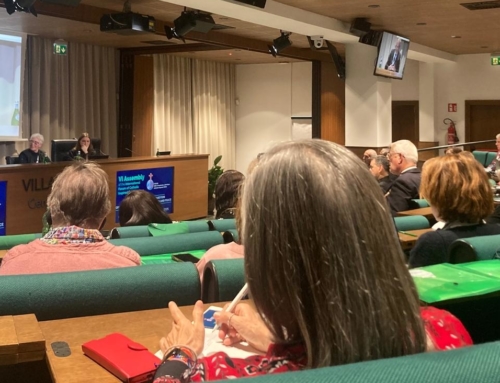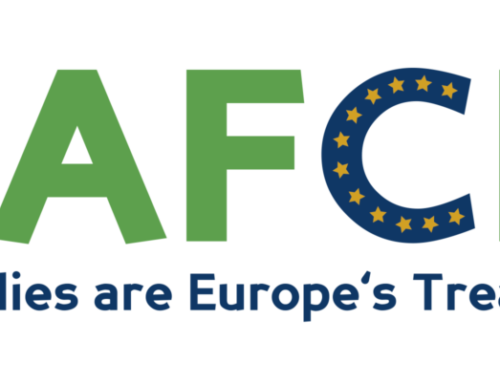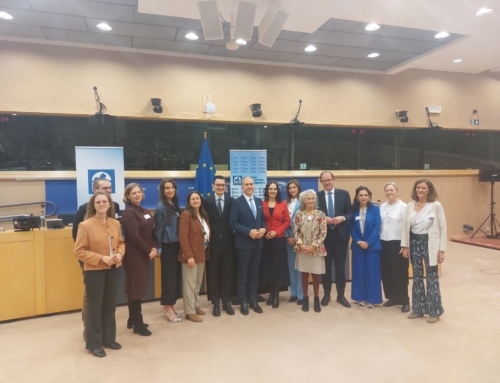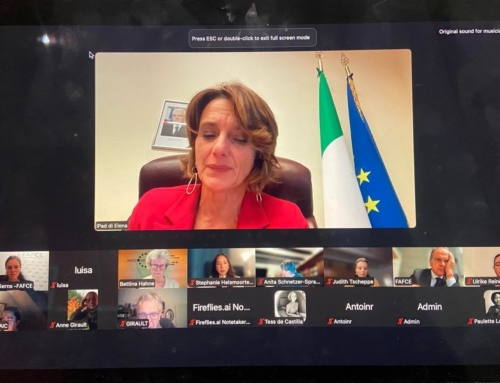an op-ed written by FAFCE President Vincenzo Bassi for the Italian newspaper “Avvenire”
The dramatic events of recent years (the war in Ukraine, the conflict in the Middle East, the situation in Syria, the U.S. elections, political instability in some European countries…) seem to suggest we are entering a pre-war era with a stagnant economy. Looking at Europe, partly due to a likely loosening of American involvement in NATO, there is frequent talk of “investments” in arms. Without delving into the merit of these claims, there is one issue that deserves particular attention: can rearmament be considered without first prioritizing the well-being of communities?
Being the president of the Federation of Catholic Family Associations in Europe (FAFCE), which represents organizations from 22 European countries and operates internationally at the UN, offers a unique perspective on current events.
Conversations with families across various European countries, alongside discussions with leaders of different institutions (national, European, and ecclesiastical), reveal a common concern: the isolation and precariousness of families and young people are a disintegrating factor for our communities. This situation fosters fear of the “other” or the “foreigner,” as confirmed in Italy by the recent 2024 Censis Report. Additionally, particular interests often exploit this fear to spread negative perceptions of our shared European home.
To counter this disintegration, it is essential to pause and reflect, rejecting the view that current conflicts are inevitable. Individuals who are isolated, lacking a sense of belonging, and living in spiritual, economic, and social uncertainty often succumb to fear, turning any form of confrontation—social, political, or economic—into conflict. State diplomacy gives way to conflict, while the idea of armed confrontation becomes an increasingly common topic of discussion. In such a context, it seems unsurprising that a state might prioritize “investing” in weapons over solving the pressing issues of individual communities. Unfortunately, there is a growing sense that this is the reality we are experiencing.
Our communities are fragile, fearful, inward-looking, and marked by declining birth rates. Despite this, Europe is increasingly viewed solely as a geopolitical actor that must secure an independent position on the international stage through economic and military means. It is no coincidence that calls for unity among member states are often framed as a strategy to achieve critical mass for “influence” on the global stage. Similarly, economic policies today predominantly focus on productivity as a means to boost exports in the global market, accepting the risk of unfair competition with countries that do not always meet European standards for worker protection.
It is worth remembering that the founding fathers of Europe envisioned the common continental project not only to gain geopolitical influence but also to build a future of prosperity and peaceful coexistence.
This project seemed impossible at first. Yet today’s Europe was born precisely through cooperation among once-hostile nations. This goal was pursued by fostering social cohesion, which is explicitly within the scope of European competences. Failing to recognize the uniqueness of this experience undermines European history, “inverting the pyramid”—placing at the top the desires of those seeking to strengthen European institutions and multinationals on the global stage, rather than the aspirations of communities and families. Unless this misunderstanding is resolved, the risk of Europe’s disintegration remains high.
Let us reiterate: renewing armaments and increasing productivity are legitimate goals but are neither exclusive nor primary. Policies aimed at demographics, territorial development, and stimulating domestic demand are necessary to sustain trust in the European common project.
Viewing Europe solely from a geopolitical perspective is therefore reductive. It places Europe in a dangerous economic, social, and military competition, risking a transformation that could leave it vulnerable to external domination if it fails.
In other words, the pursuit of hegemonic ambitions, instead of consolidating our Europe, could alter its nature, exacerbating rivalries and distrust among member states. These rivalries already represent a significant barrier to completing the European process.
Europe is something more than a superpower. It is an example of peaceful coexistence, culture, spirituality, generosity, and subsidiarity. Based on this heritage of experience, Europe will be able to play a role in serving the common good, even on the international stage.

